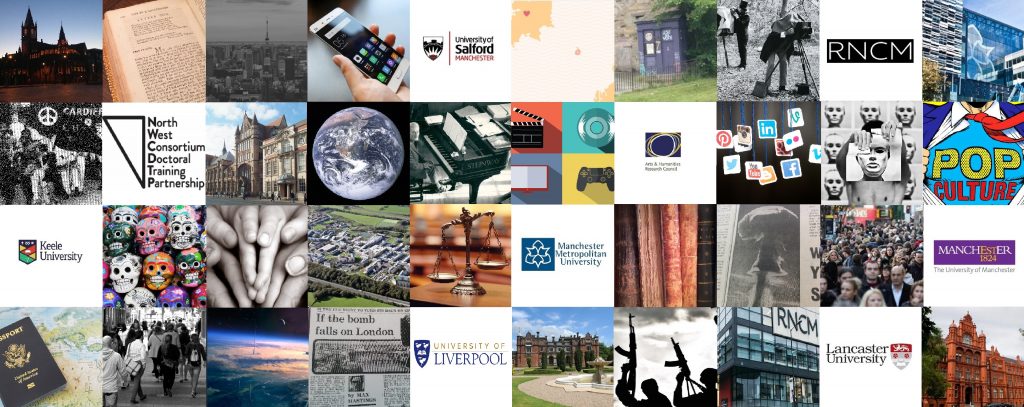Salford to benefit from funding to train new researchers
THE UNIVERSITY of Salford is one of seven North West institutions set to benefit from funding to train new researchers.
The North West Consortium Doctoral Training Partnership (NWCDTP), led by The University of Manchester, is one of 10 consortia who will share more than £170 million in funding from the Arts and Humanities Research Council (AHRC) over eight years.
This equates to funding and training for at least 225 new researchers in the arts and humanities through the NWCDTP.
DTPs provide innovative training environments for doctoral researchers. They include opportunities for PhD students to undertake broader training or development, such as language learning, overseas research visits, or placements with non-academic partners.
The consortium includes a wide variety of bodies beyond the university sector that students can engage with to further their experience, from multinational organisations to local museums and galleries.

Professor Seamus Simpson, Consortium Institutional Lead at the University of Salford, said: “I am delighted that the North West Consortium has been awarded this substantial funding to allow it to build on the achievements of the first phase of our Doctoral Training Partnership.
“We at Salford are proud members of the consortium and recognise the contribution AHRC funded students make to our postgraduate research community. We look forward with particular pleasure to hosting the annual consortium student research conference this October at our MediacityUK campus.”
Dr Erica Baffelli, NWCDTP Director, said: “On behalf of the North West Consortium Doctoral Training Partnership I am delighted by this new award from the AHRC, which will allow us to fund and train at least 225 new researchers in the arts and humanities. Since its formation in 2014, the NWCDTP has established a successful partnership that provides high-quality doctoral training across the whole range of the arts and humanities. In the new phase of the DTP we will build on our effective partnership to continue to innovate to produce impactful research.
“One-fifth of our studentships will be for collaborative PhDs, where projects are designed by the student and academic supervisor in collaboration with organisations from business, the public sector or the third sector. Our Early Career Strategy will support early career researchers by offering post-submission impact fellowships with non-HEI partners and therefore addressing the crucial challenge of transition to employment.
“We will also develop our collaboration with the ESRC NWSSDTP and with other DTPs based in the north of England. By providing high-quality and innovative research training, and promoting knowledge exchange with non-HEI organizations we aim at enabling doctoral students to develop into highly skilled leaders within and beyond the academy.”
Professor Edward Harcourt, the AHRC’s Director of Research, Strategy and Innovation, said: “The AHRC is delighted to announce its renewed commitment to the Doctoral Training Partnerships model. Our support for the next generation of arts and humanities researchers is critical to securing the future of the UK arts and humanities sector, which accounts for nearly a third of all UK academic staff, is renowned the world over for its outstanding quality, and which plays a vital part in our higher education ecosystem as a whole.
“We were extremely pleased with the response to our call, which saw high-quality applications from across the UK from a variety of diverse and innovative consortia, each with a clear strategy and vision for the future support of their doctoral students.”
The DTPs will start recruiting the first cohort of students imminently ahead of starting their studies in October 2019.
The NWCDTP is a Consortium of seven Research Organisations led by The University of Manchester and comprising:
-
Keele University
-
Lancaster University
-
Manchester Metropolitan University
-
Royal Northern College of Music
-
University of Liverpool
-
University of Salford
in partnership with:
-
BBC
-
FACT (Foundation for Art and Creative Technology)
-
FutureEverything
-
HOME
-
Manchester City Council
-
Museum of Science and Industry
-
National Trust
-
Opera North
-
Staffordshire Archives
-
Tate Liverpool
-
The British Library
-
The National Football Museum
